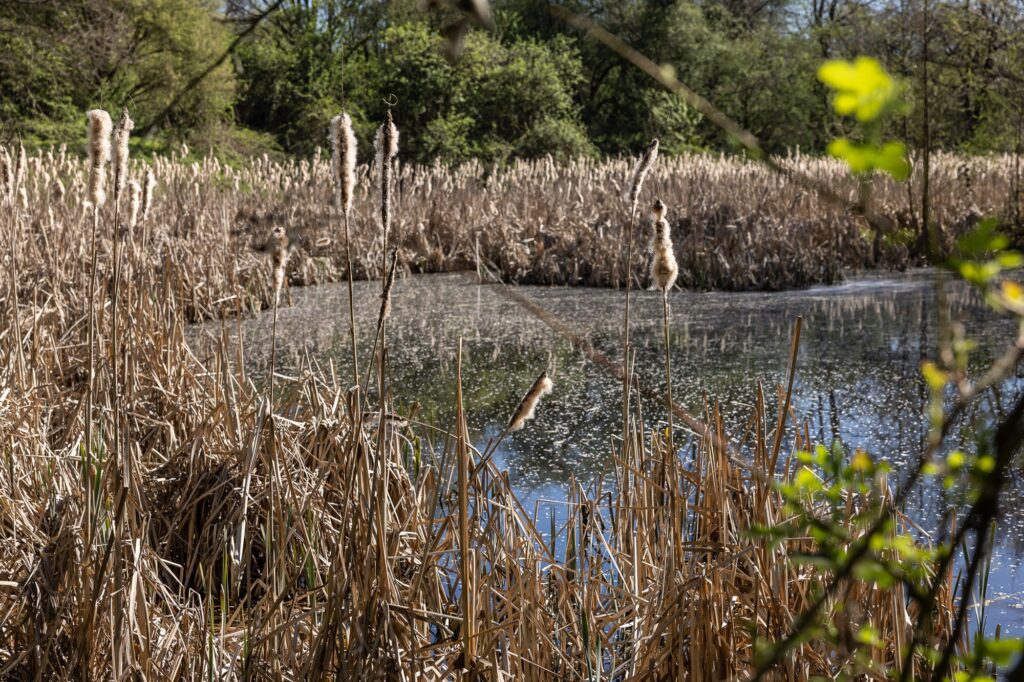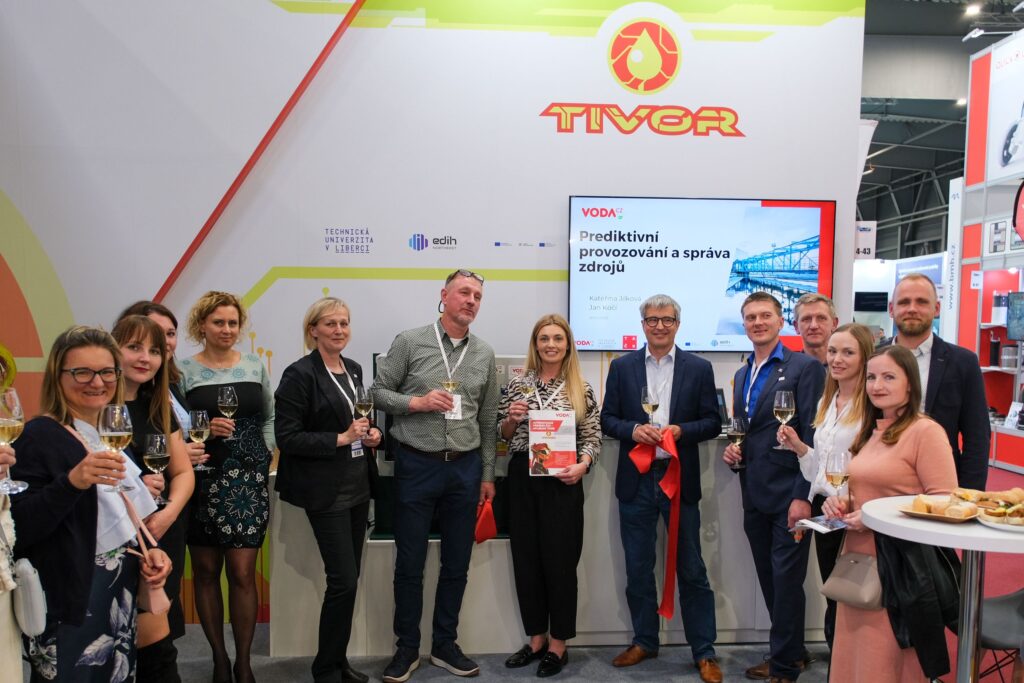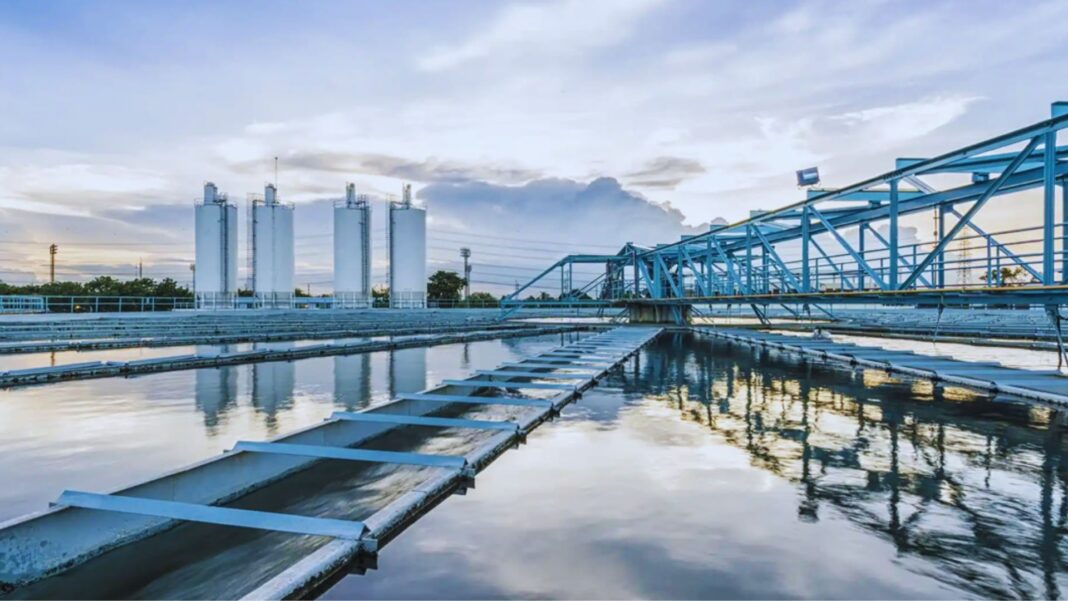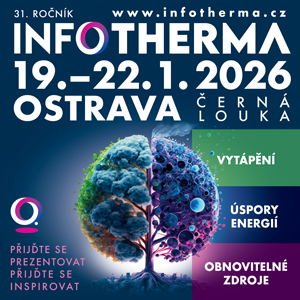As the global urgency surrounding climate change and sustainability intensifies, a new generation of solutions is emerging—ones that successfully bridge the wisdom of nature with the power of modern technology. Two pioneering initiatives from the Czech Republic serve as clear examples: projects by Veolia and VODA CZ, demonstrating how this synergy can shape the future of water management and emissions reduction.
Wetlands as Natural Climate Allies
Veolia Group, in cooperation with the Czech Union for Nature Conservation (ČSOP), is actively investing in the purchase and protection of wetlands across the Czech Republic. Often referred to as the “kidneys of the landscape,” these ecosystems play a vital role in water retention and carbon dioxide reduction. Just 207 hectares of protected wetlands can retain over 1.8 billion liters of water—equivalent to nearly 750 Olympic-sized swimming pools. This capability is crucial for enhancing the land’s resilience to both drought and flooding.
Beyond water management, wetlands are also essential in carbon capture. The same 207 hectares absorb more than 1,000 tons of CO₂ annually, which is equivalent to the emissions of over 500 cars driven 20,000 km per year.

“Wetlands are where water rests. In times of drought, they support flora and fauna, cool the landscape, and during floods, they retain water to protect populated areas,” emphasizes Jan Moravec, Deputy Director of the ČSOP’s Expert Program Office.
Veolia’s support—through its foundation—has contributed over CZK 11 million to wetland conservation, signaling a growing awareness among large corporations that environmental responsibility is an integral part of doing business.
“Saving wetlands and similar projects go hand in hand with the modernization and decarbonization of our energy operations, which significantly reduce harmful air emissions,” adds Kamil Vrbka, Regional Director for Moravia at Veolia Energie ČR.
Artificial Intelligence for Smarter Wastewater Management
While Veolia focuses on natural solutions and decarbonization, VODA CZ is ushering water management into the digital age. Their new service platform TIVOR uses artificial intelligence and advanced image analysis to manage and automate operations at small-scale wastewater treatment plants. Supported by the Technology Agency of the Czech Republic (TAČR) and developed in cooperation with the Technical University of Liberec, the platform represents a major step forward in operational optimization and cost reduction for the entire sector.

TIVOR collects data from cameras and telemetry units, monitoring variables such as flow rates, temperatures, oxygen levels, and energy consumption. The AI system then analyzes these parameters, predicting critical states and detecting subtle anomalies that human operators might miss. This enables early problem detection, prevents breakdowns, reduces fines, and significantly lowers both operating and labor costs.
“Our goal is to offer small treatment plant operators a near low-cost, efficient solution that uses unconventional technical methods to simplify operations, reduce costs, and improve safety,” explains Daniel Bozner, TIVOR Product Manager.
“In smaller municipalities, there often isn’t a permanent operator on site. TIVOR uses data and image analysis to detect irregularities before they result in equipment failure or permit violations.”
Nature and Technology Working Together for a Sustainable Future
The examples of Veolia and VODA CZ clearly demonstrate that environmental protection does not mean choosing between nature and technology. It’s about a smart strategy that integrates time-tested natural solutions—like wetlands—with cutting-edge innovations such as artificial intelligence.
Wetlands remind us of the irreplaceable power of nature and its crucial role in ecosystems. They retain water, purify the air, and support biodiversity—what Vendula Valentová, Director of the Veolia Foundation, calls “just one of the many superpowers of wetlands.” Meanwhile, artificial intelligence and automation allow us to manage complex systems more efficiently and optimize processes that would otherwise overwhelm human capacity.
This synergy is the right path toward a truly sustainable future. Investing in the restoration and protection of natural ecosystems, alongside the implementation of intelligent technologies like the TIVOR platform, offers a holistic approach to environmental protection and efficient resource management. It’s not only a matter of environmental responsibility—but also of long-term economic benefit, as early intervention and process optimization lead to significant savings.
Source: Editorial team, based on press releases from Veolia and VODA.CZ
May 24, 2025







